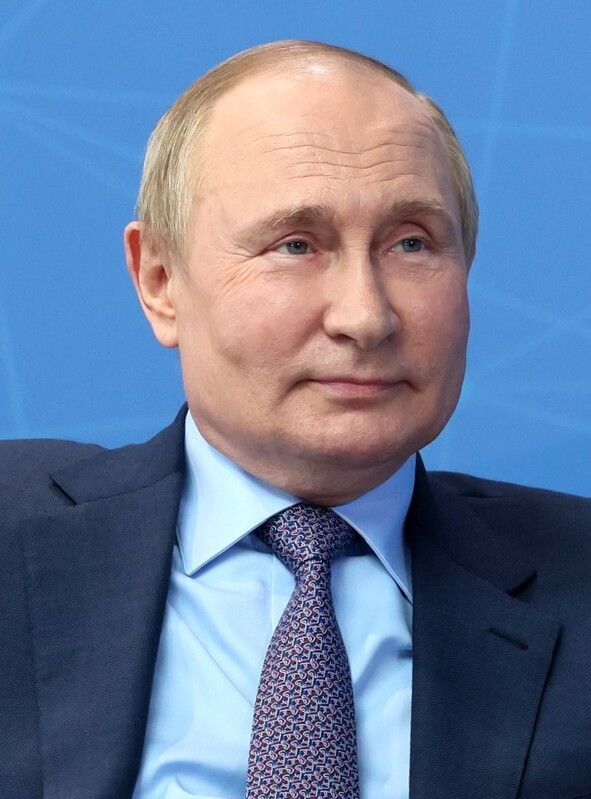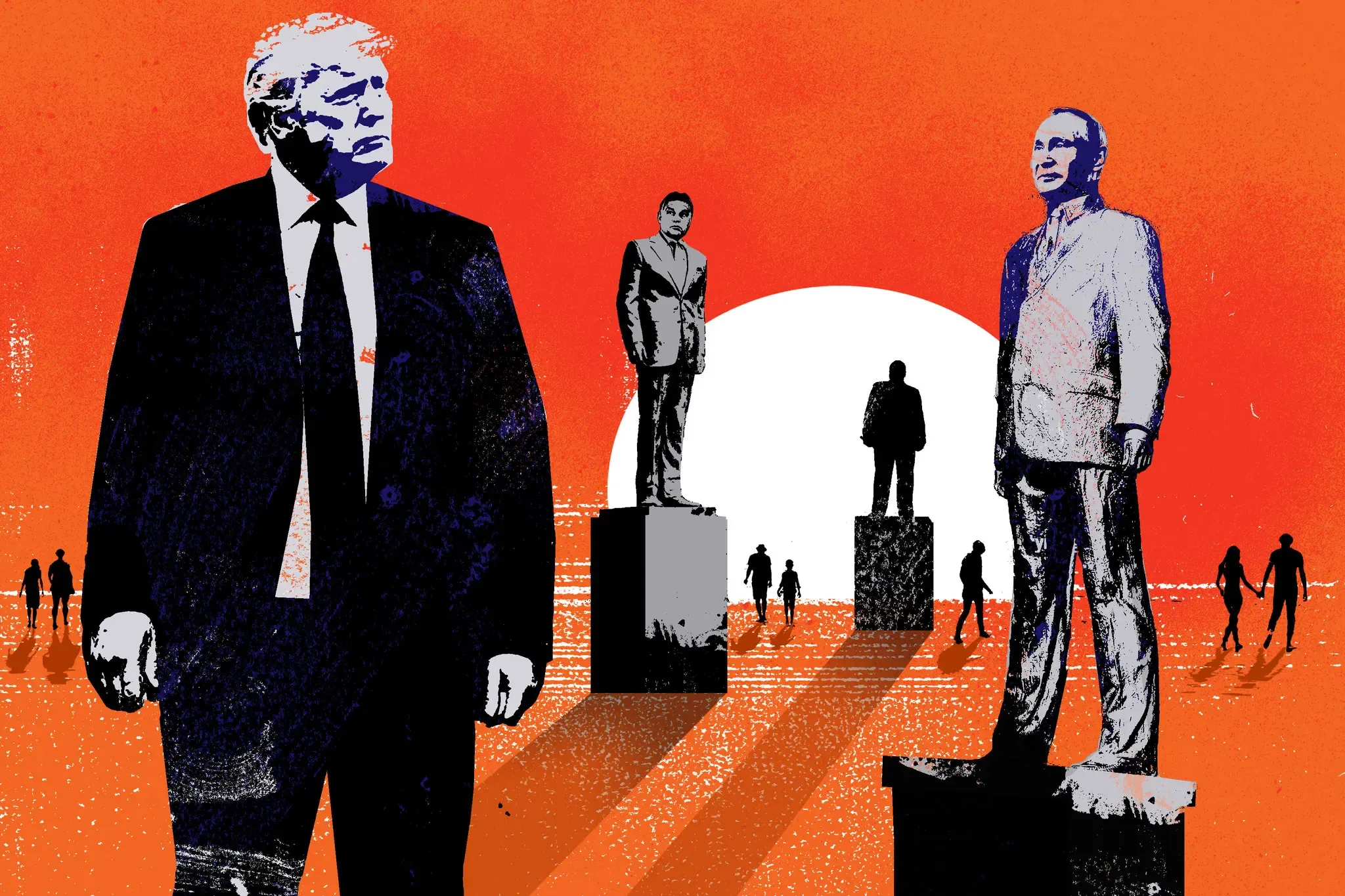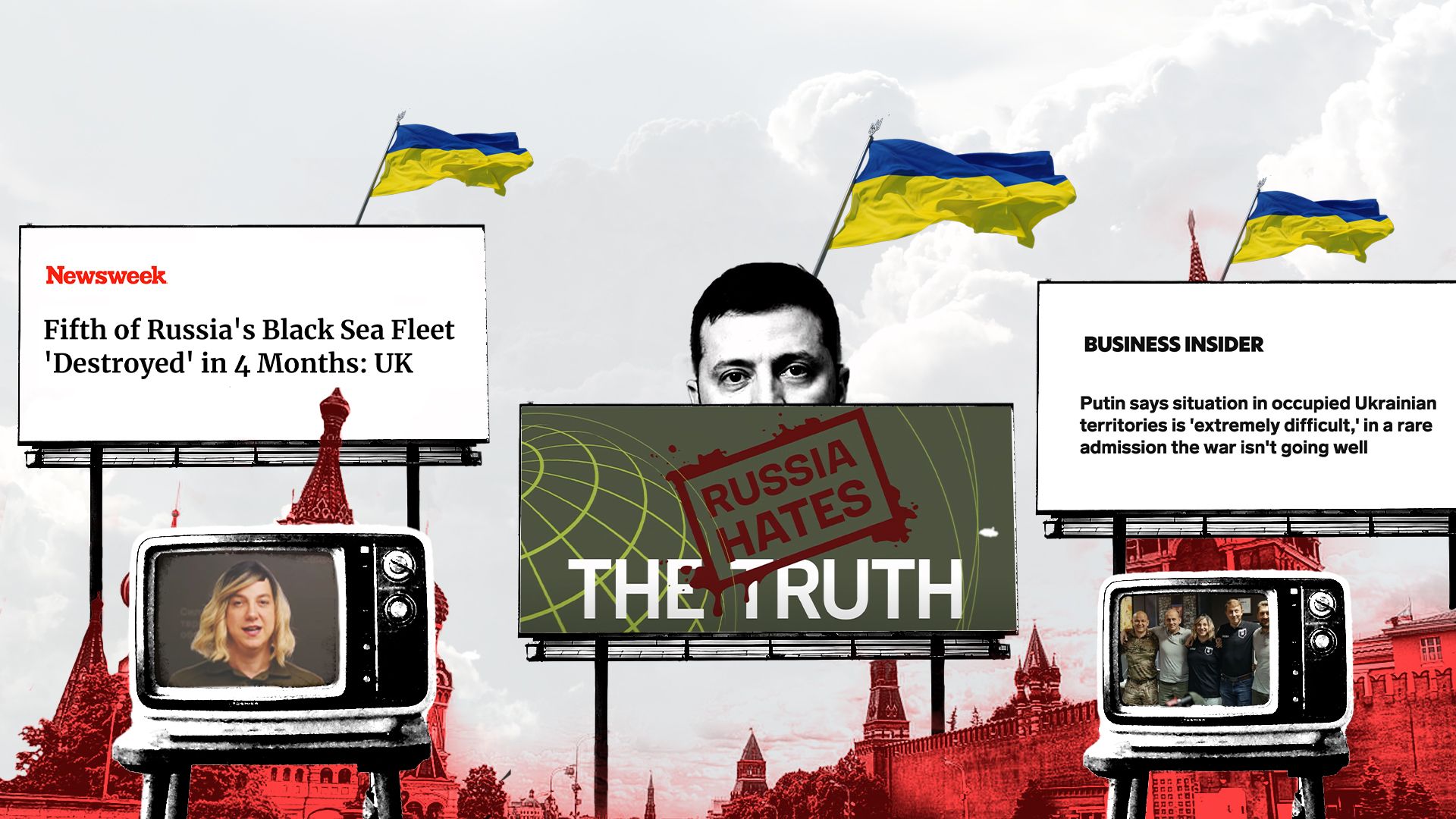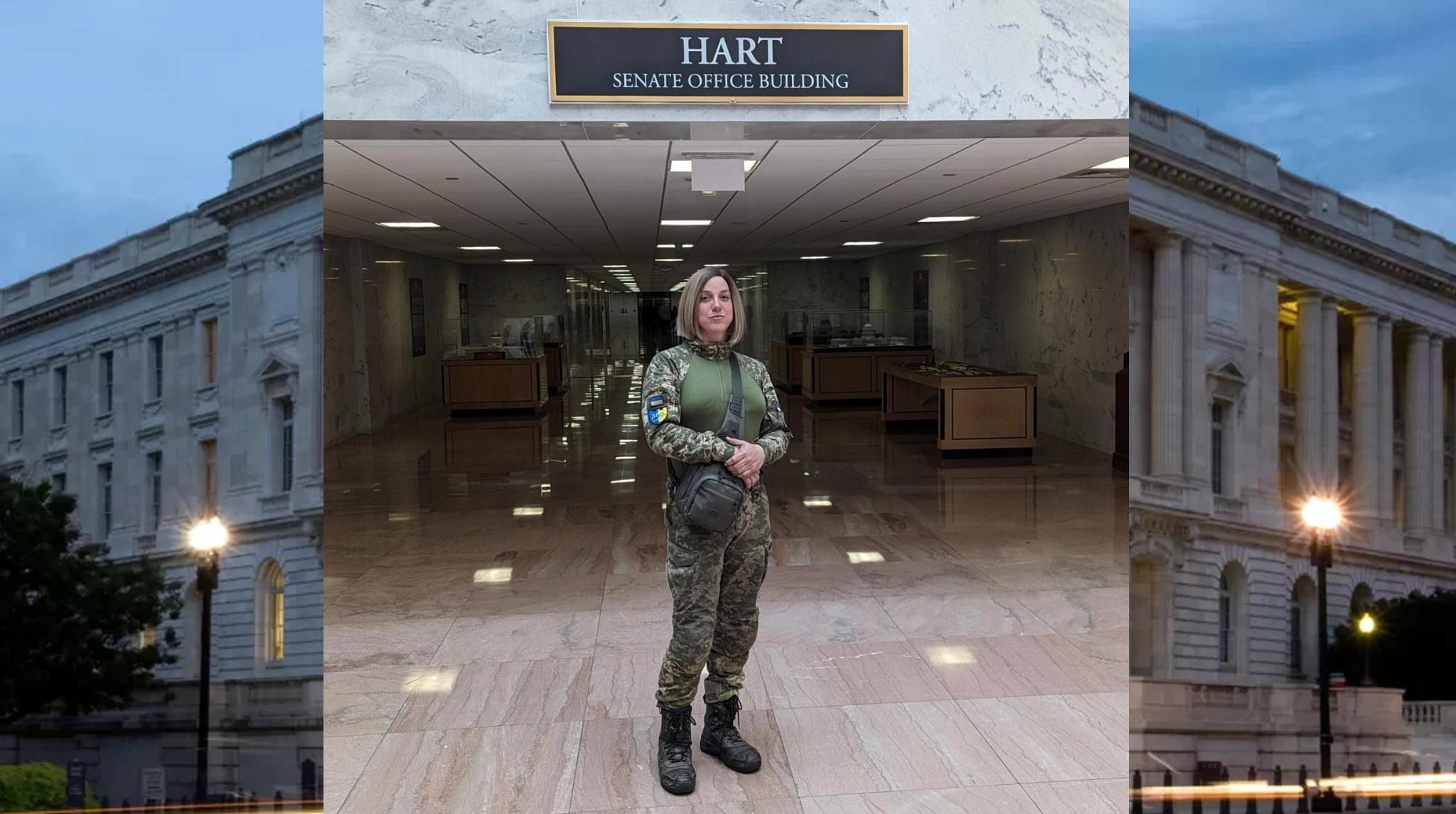Writing this column, I’m seated in a corner, my back propped up against a wall of peeling paint pushed outwards by the strain of moisture-laden drywall. The temperature inside the dilapidated home is registering below freezing by some degrees. The brownish-red faux wood flooring under me is coated with a thick dusty veneer. Through it are harsh boot tracks leading to what is now our food storage, left behind by its owners. The empty surface area hints at an abandonment pre-dating the full-scale invasion.
This spot, about a mile from the very front of Ukraine’s fight for liberation, is the lone space I could find to write without interruption prior to being repositioned to the zero line a few hours. Such a compressed time frame necessitated finding somewhere I could compose these words, words that would shine a light on a set of true heroes.
By publication, I’ll be engaging the enemy in live fire as a soldier for the first time. Close enough to see them and watch them die in vain for Putin’s hopeless war. Yet it won’t be the first time I’ll walk around the corpses of dead Russian soldiers or witness their capture. That I’d done for months prior in my previous role as a journalist covering Russia’s war against Ukraine. As a journalist, my role was hands-off—a witness. As a medic, my hands will become part of the grim story.
One reason we are fighting with such fervor in this war is to make certain that the liberal democracy which has taken hold in Ukraine is not trampled by the fascist ideology of its next-door neighbor. Part of upholding the institution of liberty means ensuring that the basic tenets of freedom remain unvanquished. This includes freedom of the press.
Conflict journalism is inherently dangerous. Working as a reporter amid the largest land war in Europe since World War Two is exponentially so. Since February, as would be expected of a nation that is a state sponsor of terrorism, Russia has specifically targeted journalists working in Ukraine.
The Institute of Mass Information, a watchdog agency, revealed that as of January 24, 2023, Russia had committed 477 different crimes against members of the media in Ukraine. This includes 43 journalists killed and 21 kidnapped. Numbers such as these should be staggering, and they are, yet they have been lost in the fog of war and the chaotically effective funnel of Russian propaganda.
During my appearance on the US Congress’ Helsinki on the Hill Podcast, I said, “Russia hates the truth.” This simple, succinct line, which became the episode’s title, explains why Putin’s war criminals are targeting media in Ukraine. Independent-minded journalists bringing unvarnished facts about the war to the global community is more of a threat to Russia’s imperialistic ambitions than any conventional weapons system.
Through their manipulation of the 24-hour news cycles and use of foreign agents, the Russian war machine has managed to imbue doubt about their intentions in a not insignificant portion of the US and European populaces. President Zelenskyy’s forward-thinking administration has recognized the best tool against this campaign of lies; Despite operating in a special law period, otherwise known as martial law, the President’s office, as well as the Ukrainian Ministry of Defense, have succeeded in allowing a free press to flourish. More than 14,000 print journalists, television reporters, photographers, and producers have been accredited since February 24 by the Armed Forces of Ukraine to cover the war in every aspect.
There are no government-imposed limits on what can be written about. In addition to uncovering a multitude of Russian war crimes, attention has also been focused on domestic issues, as shown by recent investigations from the Kyiv Independent into allegations of failed leadership inside the International Legion of the Defense of Ukraine, also known as Ukraine’s Foreign Legion. Investigative pieces have led to the arrests of allegedly nefarious Ukrainian officials who sought to profit off their countrymen's blood. Fact-based reporting in Russia on the war gets you fired, imprisoned, and often killed.
While the Zelenskyy administration could have taken the same tack as previous officeholders in Ukraine did and allowed the media to be blamed for pursuing unpleasant stories. Instead, the President and his appointees showed the world that transparency and a free media both matter in today’s Ukraine by immediately acting on the investigation’s findings.
Reporting under literal Russian attack while navigating the rules of martial law within Ukraine would seem to be an almost impossible undertaking. But when it comes to preserving the rights of speech, press, and thought, along with showing the world the brutality and terror taking place on the Kremlin’s orders, these 10,000-plus professionals aren’t just necessary; they are guardians of truth and heroes needed in Ukraine’s ongoing pursuit of total victory.














